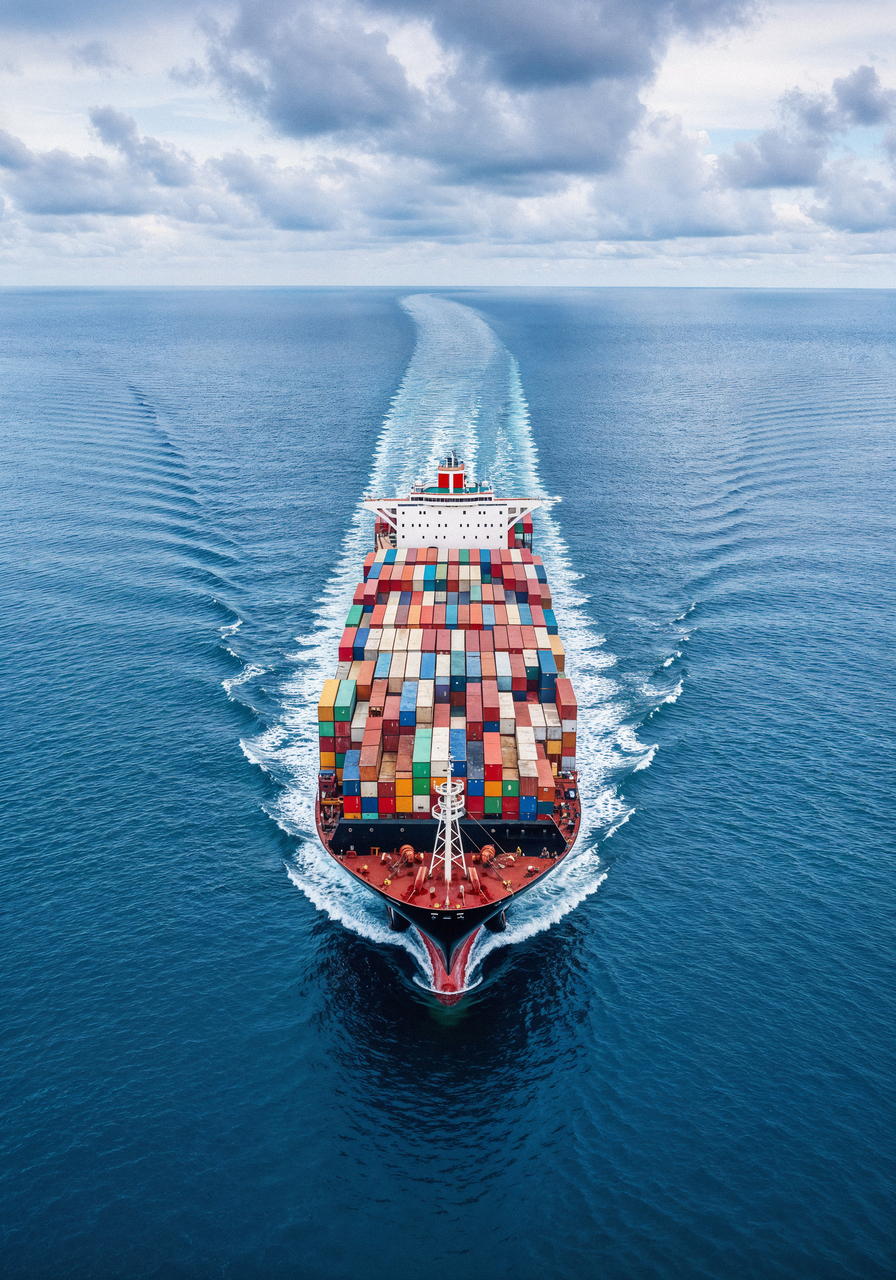For businesses importing or exporting goods, choosing the right shipping method can affect costs, delivery times, and overall efficiency. Two of the most common sea freight options are FCL (Full Container Load) and LCL (Less than Container Load) shipping.
De Hubs is a leading FCL & LCL Shipping provider, offering professional logistics service to help businesses move goods smoothly across the world. In this article, we will explain the key differences between FCL and LCL shipping, the pros and cons of each, and how to decide which one is right for your business.
What Is FCL Shipping?
FCL (Full Container Load) means you rent an entire shipping container for your goods. The container is not shared with any other company’s cargo. It is sealed at the point of origin and only opened at the destination.
Advantages of FCL Shipping:
- Your goods are the only items in the container.
- Less risk of damage since no other cargo is mixed with yours.
- Faster transit times because the container is not delayed by other shipments.
- More secure as the container remains sealed until it reaches the final port.
When to choose FCL:
- You have enough goods to fill most or all of a container,
- You need a high level of security.
- You want faster delivery without extra stops.
What Is LCL Shipping?
LCL (Less than Container Load) means your cargo shares a container with shipments from other companies. The freight forwarder combines multiple smaller shipments into one container to save space and costs.
Advantages of LCL Shipping:
- Cost-effective for small shipments.
- No need to wait until you have enough goods to fill a container.
- Flexible for businesses with low or irregular shipment volumes.
When to choose LCL:
- Your goods do not fill an entire container.
- You want to save money on shipping smaller loads.
- Your delivery schedule is flexible.
Key Differences Between FCL and LCL Shipping
| Feature | FCL Shipping | LCL Shipping |
|---|---|---|
| Container Use | Entire container for one shipment | Shared container with multiple shipments |
| Cost | More cost-effective for large loads | Cheaper for small loads |
| Security | Higher security | Slightly higher risk due to shared space |
| Transit Time | Faster (direct shipping) | May take longer (consolidation) |
| Handling | Less handling, fewer touchpoints | More handling, multiple touchpoints |
| Best For | Large, urgent, or sensitive cargo | Small, non-urgent shipments |
How FCL and LCL Shipping Fit Into a Logistics Service
A good logistics service provider, like De Hubs, offers both FCL and LCL shipping as part of a complete transportation solution. This includes:
- Pickup from your warehouse or supplier
- Packing and labelling
- Customs clearance
- Sea freight arrangements (FCL or LCL)
- Inland delivery at the destination
By combining shipping with other logistics services, you save time, reduce stress, and ensure your goods are handled by experts from start to finish.
1. Cost Considerations
Cost is often the deciding factor between FCL and LCL shipping.
- FCL: The total price for a full container might be higher, but the cost per unit is usually lower if you ship large volumes.
- LCL: You pay only for the space your goods use, making it cheaper for small shipments.
2. Speed and Delivery Times
Speed matters, especially for time-sensitive goods.
- FCL is usually faster because the container moves directly from origin to destination without delays for other shipments.
- LCL can be slower because the cargo needs to be consolidated with other goods before departure and unpacked (deconsolidated) at the destination.
If your shipment is urgent, FCL is the better option. If timing is flexible, LCL can save money.
3. Risk and Security
Security is another factor to consider.
- FCL shipments are sealed and not opened until they reach the buyer. This reduces the risk of theft or damage.
- LCL shipments are opened for consolidation and deconsolidation, which increases handling and risk.
For high-value or fragile goods, FCL is generally safer.
4. Environmental Impact
Shipping impacts the environment, and efficiency matters.
- FCL can be more environmentally friendly when fully loaded, as it moves a large volume of goods at once.
- LCL helps avoid sending half-empty containers, which also reduces waste.
Choosing the right method for the right volume can balance cost and environmental impact.
How De Hubs Helps Businesses Decide
Choosing between FCL and LCL shipping is not always straightforward. De Hubs offers consultation to evaluate:
- Shipment volume and frequency
- Delivery deadlines
- Cargo type and sensitivity
- Budget constraints
By analysing these factors, De Hubs recommends the most efficient shipping method as part of their full logistics service.
Conclusion
The choice between FCL and LCL Shipping depends on your shipment size, budget, timing, and cargo type. FCL is ideal for large, secure, and time-sensitive shipments, while LCL is best for smaller, cost-conscious loads.
De Hubs is a leading FCL, LCL Shipping provider, offering complete logistics service to handle your cargo from pickup to final delivery. With expert advice, competitive rates, and a commitment to safe, on-time delivery, De Hubs ensures your goods reach their destination without stress.
Find more about:
